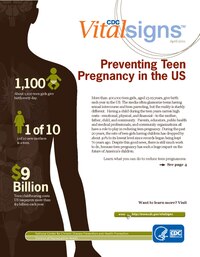
Photo from wikipedia
Introduction Anecdotal evidence suggests that parents protect their children from food insecurity and its effects, but few studies have concurrently assessed food insecurity among youth and parents. The purpose of… Click to show full abstract
Introduction Anecdotal evidence suggests that parents protect their children from food insecurity and its effects, but few studies have concurrently assessed food insecurity among youth and parents. The purpose of this study was to examine food insecurity and eating behaviors among an urban sample of mother–adolescent dyads. Methods Mother–adolescent dyads (n = 55) were from six public housing sites in Phoenix, Arizona who completed surveys during 2014. Multivariate mixed linear and logistic regression models assessed the relationship between mother and adolescent eating behaviors in the context of food insecurity. Results Food insecurity was prevalent with 65.4% of parents and 43.6% of adolescents reporting food insecurity; 34.5% of parents and 14.5% of adolescents reported very low food security. After adjusting for food insecurity status, parents’ and adolescents’ fruit, vegetable, and sugar-sweetened beverage consumption was not associated. However, significant associations were observed between mothers’ and adolescents’ fast food intake (β = 0.52; p < 0.001), family meal intake (β = 0.52; p = 0.001), mindful eating (β = 0.51; p = 0.032), and binge eating (OR 8.05; p = 0.011). Discussion Parents may protect their adolescent children against food insecurity given the lower prevalence of food insecurity observed among adolescents. Interventions addressing food insecurity among mothers and adolescents may want to capitalize on shared eating patterns and address issues related to binge eating and leverage site-based strengths of public housing.
Journal Title: Maternal and Child Health Journal
Year Published: 2017
Link to full text (if available)
Share on Social Media: Sign Up to like & get
recommendations!